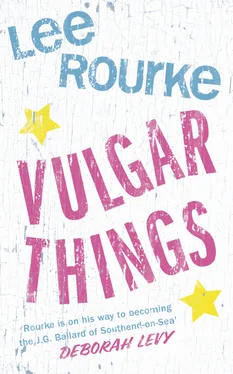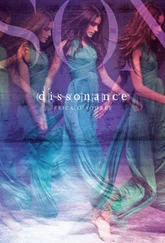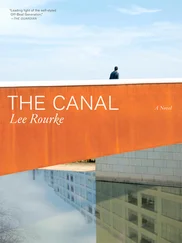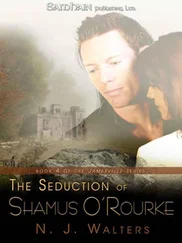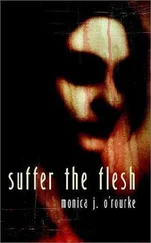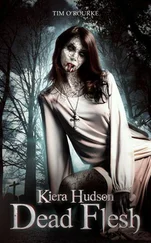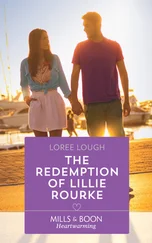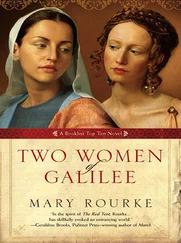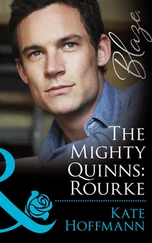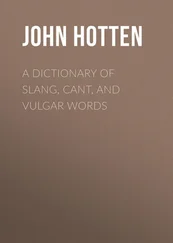Jon #1 1976–1984: hidden scene/image
inside a caravan
this caravan
the same boy
just a little older
a voice off-camera: ‘Go on then … Go on then … say it …’
the boy: ‘No … I don’t want to …’
the voice: ‘Aw go on, Jon … Just for Uncle Rey … You said you would, before your dad …’
the boy: ‘I’ve forgotten …’
the voice: ‘You know … the message to your future self … the message we made up for you to listen to when you’re older …’
the boy: ‘I’ve forgotten …’
the voice: ‘We practised … Go on …’
the boy: ‘There is no future me … He’s a ghost …’
the voice: ‘Just for Rey …’
the boy: ‘He’s a ghost … a ghost … a ghost …’
the voice: ‘What do you mean … a ghost?’
the boy runs out of shot
the camera falls to the floor
the voice: ‘Jon … Jon … Jon …’
Blackness
I’m shaking. I play the scene back and immediately watch it again. My own words drill a hole into me: ‘There is no future me … He’s a ghost …’ I have no idea what I mean, or who I’m talking about. I look scared, or uncomfortable, like I want to be elsewhere. I take out my phone. I play the entire scene, but this time I don’t just watch it: I film it with my phone. I watch myself through its lens: the image of me on the TV, and the caravan wall surrounding it like a frame, until the scene ends. I’m shaking. I stop filming as the TV screen turns black. I immediately re-watch the scene: this time through my phone, the scene I’ve just recorded. My voice sounds distant, discordant, like I’m speaking from some other place, something governed by circuitry. I look at myself, my shaky, minimised image; pixellated, fainter, a shade lighter. Some sort of digitised interference flickers across the screen, just before the moment I speak to Uncle Rey. I speak the same words in complete synchronicity, just as I uttered them all those years ago: ‘There is no future me … He’s a ghost …’ I stop as soon as the scene ends on my phone. It feels like I’ve captured something, some form of truth. I stare at the blank screen on my phone. Suddenly I notice something reflected on the screen: something in the caravan, something behind me in the window in the other room. I throw my phone onto the bed: I’m sure I just saw someone looking into the caravan, looking at me. I’m sure someone’s been watching me, watching this whole scene.
I get up and walk into the front room. There’s more light here, streaming in through the same window. I look through it: there’s no one there, it might have been a shadow caused by the sea wall, or something else: the way I was holding the phone, a flicker of light. There’s definitely no one else here. I look out along the grass verge and up to the sea wall: nothing, not a soul. I walk away from the window and slump into the other armchair, still shaking. I sigh, reaching over to pick up Uncle Rey’s manuscript. I begin to read it, from the beginning.
camouflage
Reading Vulgar Things takes up most of the morning. It’s hard to follow and, if I’m honest, parts of it are complete and utter gibberish, but it doesn’t seem to matter — as the gibberish seems to make sense in spite of this. Like it’s supposed to be gibberish, like the gibberish is some sort of code, and only the readers who go along with it will begin to understand. The whole manuscript is a series of blackouts, the blank spaces in Uncle Rey’s life, those dark moments when things became truly unbearable for him. In among all this is his vision: the idea to replicate, to rebuild, to take the past and rewrite it, to right everything he felt was wrong: to create the truth.
It feels good simply to read his text, to let it exist on its own terms: as a text, resisting the urge to edit. There are moments in the manuscript that feel utterly real to me in their telling and others that feel totally foreign. The gibberish begins to make more sense. Most of it is about Laura, his Laura, and his brother. Something had happened, something traumatic, something to do with Laura, that is never made explicit, only hinted at — camouflaged, masked and revealed all at the same time. It makes the whole thing far more intriguing. As much as his life is a mystery to me, as much as I once looked up to him because of these little mysteries — his strange ways, the strange way he was around everyone, his being distant and close all at the same time — because of this I hate him, I hate him so much right now, because of his aloofness. Why has he left us with all this stuff? This horrid detritus? These utterances, fragments and ciphers to be unravelled by me, or whoever?
And then there’s the question of all this money: I feel guilty about the money, why has he burdened me with all this money? I feel like I’m falling deeper into his world: a dark, dark place in which the light of everyday life has been almost extinguished, where that last chink, which might have survived, is unable to escape. Vulgar Things is a mystery to me: all his thoughts condensed and interwoven with that other book, the Aeneid . What’s the point in trying to splice them together, what’s he trying to achieve in that? Why doesn’t he just tell it like it is? Instead of rubbing out everything he wrote, masking it, erasing it from existence, smothering it with other, older, more classical words. Why do this? Why purposely hide everything you want to say? His words, mixed with those images of me, roll around inside my tired head, prickling behind my eyes. I can’t escape them, they’re pulling me in.
it’s a short chapter
I must have fallen asleep, as the next thing I know the manuscript has fallen to the floor from the arm of the chair, each of its pages scattering across the worn-out, stinking carpet, random pages fluttering beneath the open window. I get up and gather them together, but it’s impossible to put the manuscript back together as the pages aren’t numbered. I could scream, but I act calmly, as if I’m tidying the table after a pleasant meal with friends. I look around to see if I have missed any of the pages. Then I see it, wedged beneath the coffee table and a pair of walking boots: one entire section of the manuscript, intact. I pick it up. It’s a short chapter titled: ‘The Underworld’. I set it aside on a shelf, away from the rest of the manuscript.
a different narrative of the same thing
I need some food. I pull myself together and head out of the caravan to the Lobster Smack. The pub is empty, apart from Mr Buchanan sitting at the bar, reading a newspaper. It takes him a while to look up. He greets me with a broad smile.
‘Jon … Jon … Young Jon … How are we today?’
‘I’ve felt better …’
‘What would you like to drink?’
‘Bloody Mary … Double vodka …’
‘Heavy night?’
‘Something like that …’
‘I didn’t see you yesterday …’
‘No …’
‘You busy clearing that caravan?’
‘Oh … Yes … Cleared out his clothes … And other stuff.’
‘Listen, Jon … Have you read more of his book? What’s it called?’
‘Oh, yes … Vulgar Things … yes, I have … It’s a work of brilliance … There’s this one chapter that I’m going to be working on …’
‘That’s good … And what about everything else? Is that all nearly done and dusted?’
‘Well … I … nearly …’
‘Here … a double …’
‘Thanks …’
‘We need it vacant by the weekend, remember …’
‘Yes, I remember. It will be … There’s lots of stuff … personal stuff, stuff that other family members should look at … I don’t know … They all pretty much hated him.’
Читать дальше
Конец ознакомительного отрывка
Купить книгу
